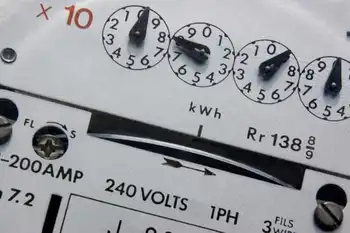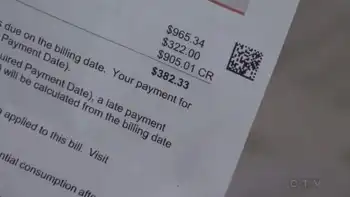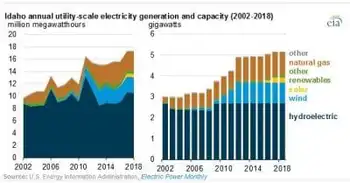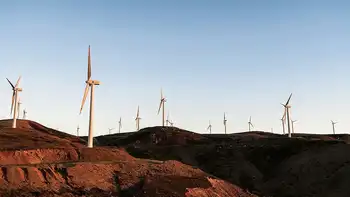Canada courted for underground GHG storage deal
By Toronto Star
CSA Z463 Electrical Maintenance
Our customized live online or in‑person group training can be delivered to your staff at your location.

- Live Online
- 6 hours Instructor-led
- Group Training Available
John Ashton, Britain's climate change envoy, stopped in Ottawa today to ask that Canada consider joining a "global partnership" of nations committed to the mass deployment of carbon capture and storage by the end of the next decade.
Carbon sequestration collects emissions from the fossil-fuel burning facilities where they are produced and pumps the gases deep underground into geological formations where they can be stored for thousands of years, according to scientists. The method is still controversial, though, because it takes up to 40% more energy to pump the gases to their geological reservoir.
The technology does show promise in the fight against climate change by allowing countries to bury up to 95% of carbon dioxide emissions underground. But it remains costly for individual companies. The only projects to have gone ahead so far are those funded disproportionately by the federal and provincial governments as demonstration projects.
Alberta has invested $2-billion in carbon sequestration but doesn't expect commercial-scale projects to get going until 2015. The federal government has put $1.2-billion toward the emerging technology since 2006 and plans to rely on it to reduce emissions from the oil and gas sector in western Canada.
"I think that for governments like yours that have already taken the plunge, as it were, I think it is pretty much a no-brainer," Ashton said in an interview with reporters from the Star, the Globe and Mail and CanWest News Service.
The global partnership, which could also include the United States, Norway, Australia and the Netherlands, would try to smash the roadblocks that stand in the way of mass-implementation of carbon sequestration — money and science — by putting their collective political will behind the technology and more rapidly moving it to market.
Ashton said it could also go some way toward addressing how developed nations can finance efforts to stop climate change in developing countries, a key question if the world hopes to reach agreement this December in Copenhagen on a new pact to replace the Kyoto protocol and see the fight to stop global warming through to 2020.
The partnership could help get carbon sequestration projects set up in countries like China, India and South Africa where emissions are growing but the money needed to pay for such a project may be lacking.
The argument is not entirely altruistic, though.
"For those countries where there is commercial expertise, that will be an investment in building future markets," Ashton said ahead of a scheduled meeting with Natural Resources Minister Lisa Raitt. "The market for (carbon capture and storage) in China is going to be absolutely massive, and in due course in India.
Minister Raitt's office did not immediately return telephone calls seeking comment on the UK government's proposal.
The only reason that a government like Canada that has invested so heavily in carbon sequestration technology not to join the proposed partnership, Ashton said, is if it feared committing to industry-wide deployment of the technology by 2020.
"It certainly creates a pressure, so I think a government that wasn't sure that it wanted that level of ambition would probably hesitate to make that kind of commitment."











